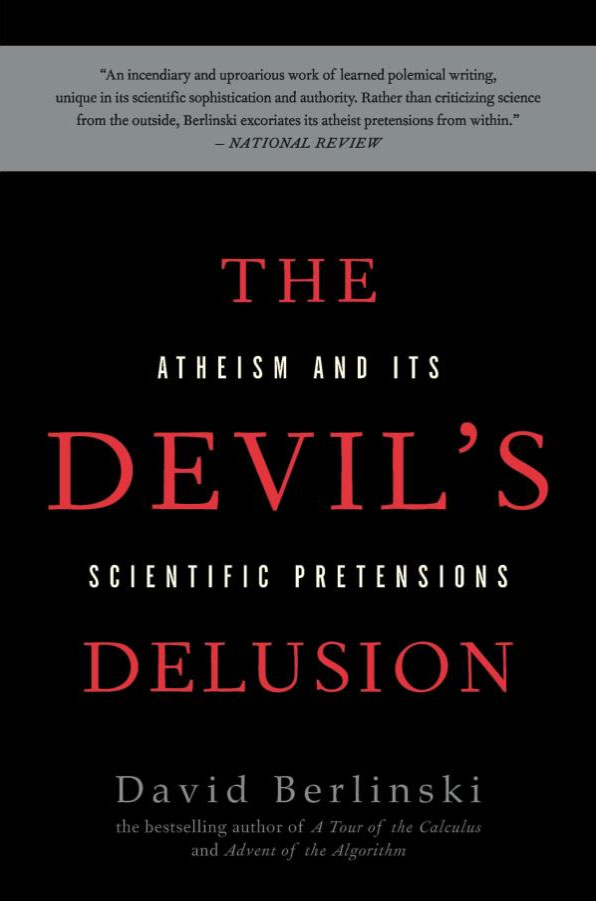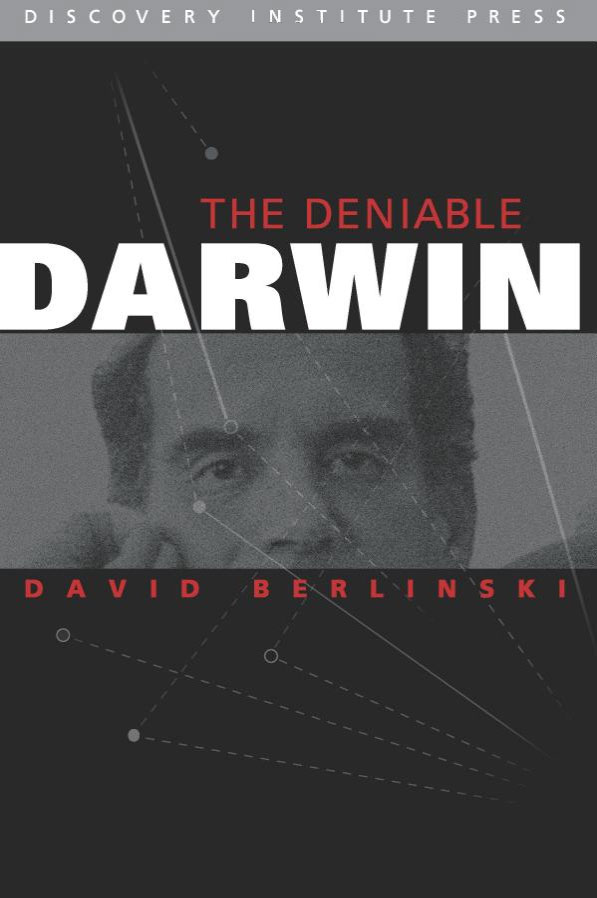Is Intelligent Design Bad Theology?
Dr. Jack Collins, Sr. Fellow at the Discovery Institute, answers the center question by going through definitions, history, and various aspirations of past and present theologians and religious groups. Listen to how he surprisingly answers the question.



